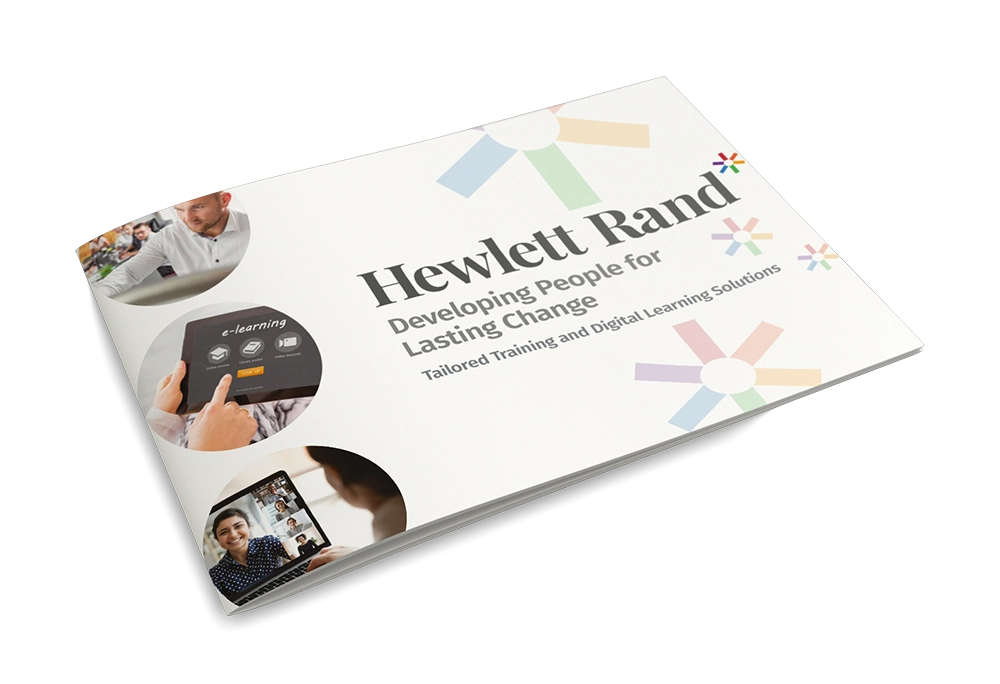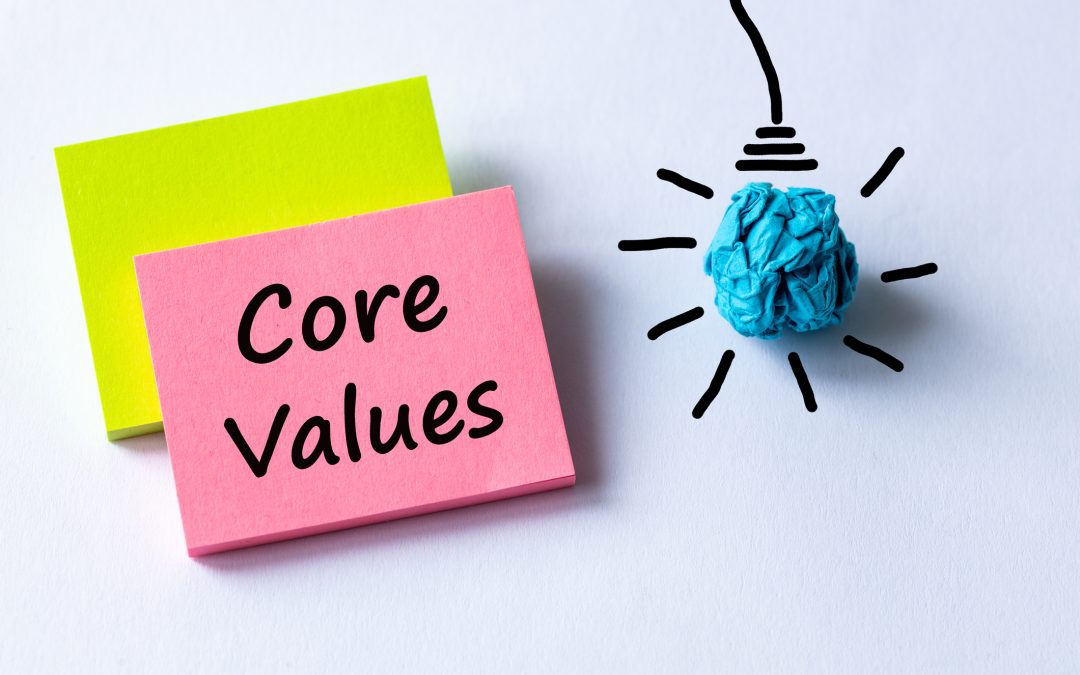Company growth goes hand in hand with talent development. Employees will need to be equipped with appropriate skills to help your business bring the scale-up to fruition. According to the Scaleup Annual Review 2022 published by the ScaleUp Institute, addressing the skills gaps is a top-of-mind priority for most scale-ups in the UK, with 80% of them reporting difficulties in hiring the right personnel with specific skills or for specific roles. It is no wonder, then, why 62% of scale-ups cited access to talent as one of the top barriers to further growth.
The most sought-after skills by scale-ups are people management, resilience and flexibility, judgment and decision-making, cognitive flexibility, and emotional intelligence. To address this skills and talent gap, 8 in 10 scale-ups are investing more in training and reskilling – as well as in elevating the “employee experience”, which, besides boosting talent engagement, involves offering non-financial rewards, such as memberships, discounts and other non-pecuniary benefits.
Having a robust talent development mechanism in place, leadership competencies at scale, and a founder CEO and top team working in alignment constitute several of the foundational pillars of a successful scale-up. In the early stage of the scale-up journey, a mindset shift should occur – from “expert” to “people” leader and from “technical” to “adaptive” leadership. Key roles within the organisation need to be identified and the talent engine increasingly refined. In the progressing stage, a “deep bench of talent” should be fostered and the founder CEO’s distinct leadership persona passed on to teams. At the height of the scale-up journey, metrics for performance management as well as for diversity, equality and inclusion should undergo a reassessment. In addition, the emphasis on leading the organisation becomes more pronounced than that on leading teams.











